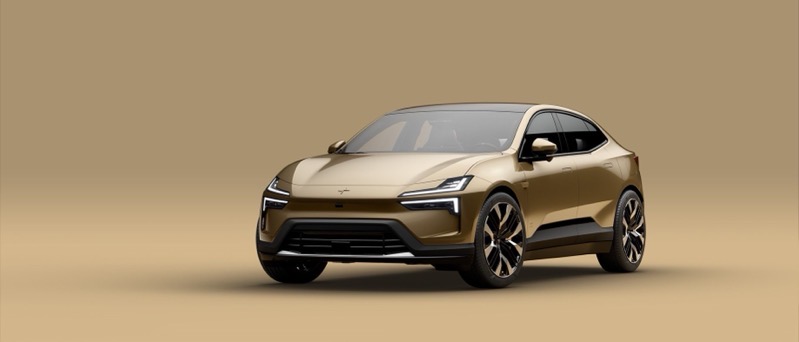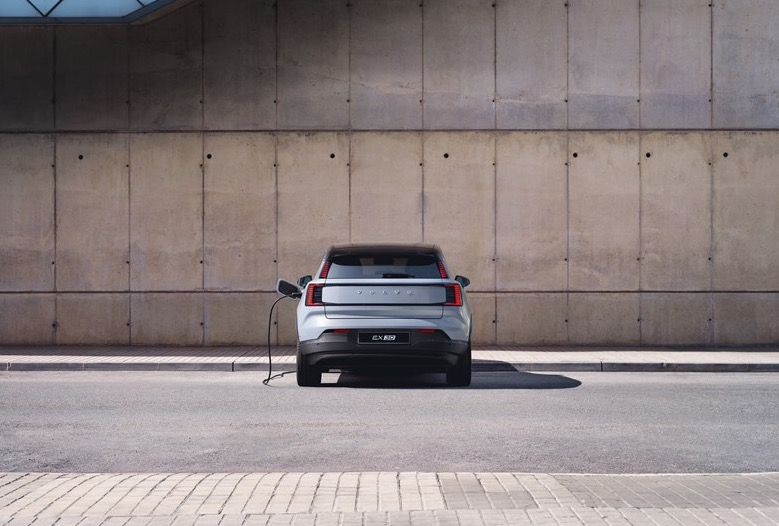
Volvo EX90 Electric Crossover Production Delayed, Again

Volvo has decided to delay the production of its much-anticipated EX90 electric vehicle (EV), underscoring the car’s critical role in the brand’s ambition to transition profitably to an all-electric lineup within the next decade. The production, which was initially scheduled to begin in late 2023 at Volvo’s plant in Ridgeville, South Carolina, will now be postponed. Back in May, Volvo also delayed EX90 production as well.
The EX90 crossover has been postponed to mid-2024 as the automaker’s engineers incorporate an essential safety feature into the model’s innovative platform. Volvo Cars CEO Jim Rowan announced the delay on Thursday’s earnings call, attributing it to the complexities in the software code surrounding the EX90’s lidar system, reports Automotive News Europe.
Lidar, a remote sensing technology that utilizes pulses of laser light to generate accurate images of the vehicle’s surroundings, is being touted as an integral part of the EX90’s safety features. According to Volvo, the combination of lidar and other sensors on the EX90 forms an “invisible shield of safety,” potentially reducing the rate of severe accidents or fatalities by up to 20%.
The EX90 will be the first Volvo model to feature a standard lidar system. “We’re writing a lot of [the] software ourselves,” Rowan explained. “We wanted to ensure that the first time we incorporate lidar into our safety stack … it functions as intended.”
While the delay provides Volvo engineers with additional time to perfect the technology, it could potentially push the crossover’s market debut to the third quarter of 2024.
Volvo recently signed onto Tesla’s North American Charging Standard (NACS), joining other major automakers Ford, GM, Rivian, Mercedes-Benz, Nissan and its subsidiary Polestar.